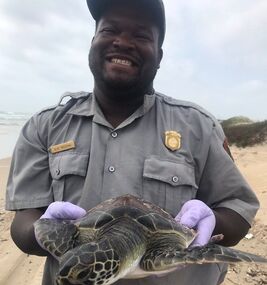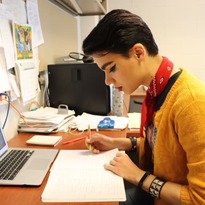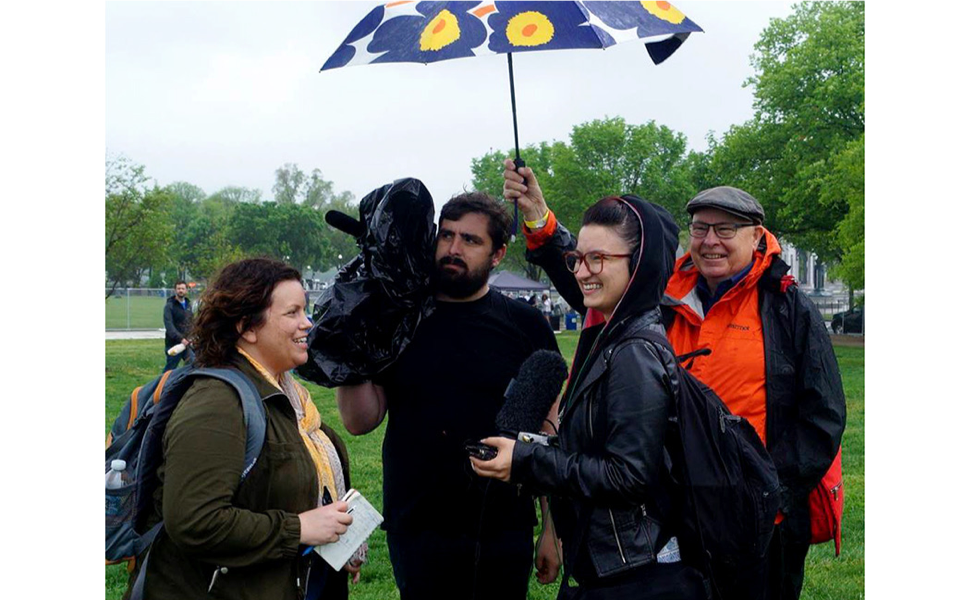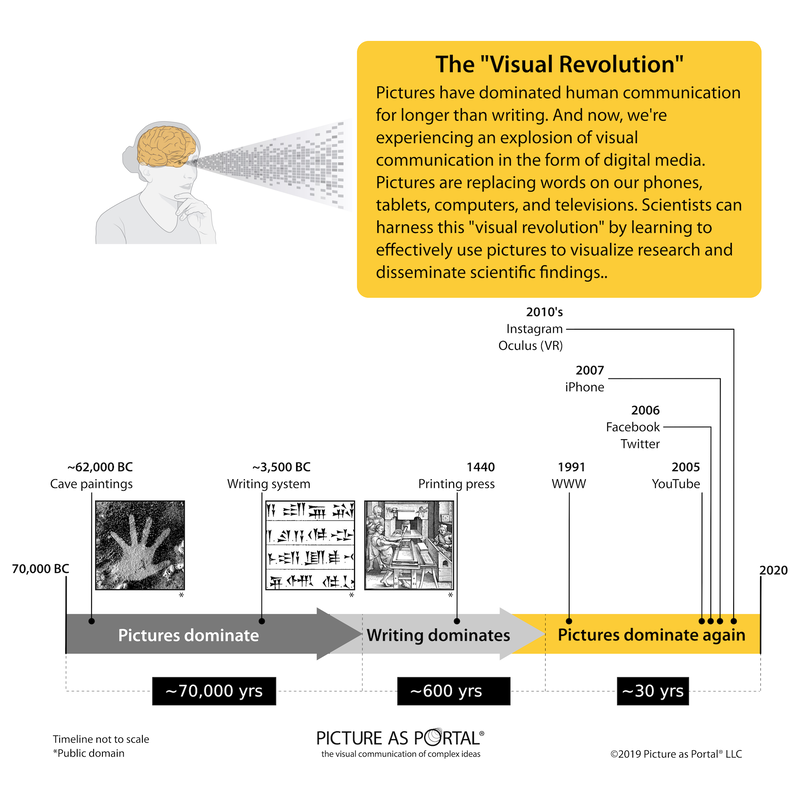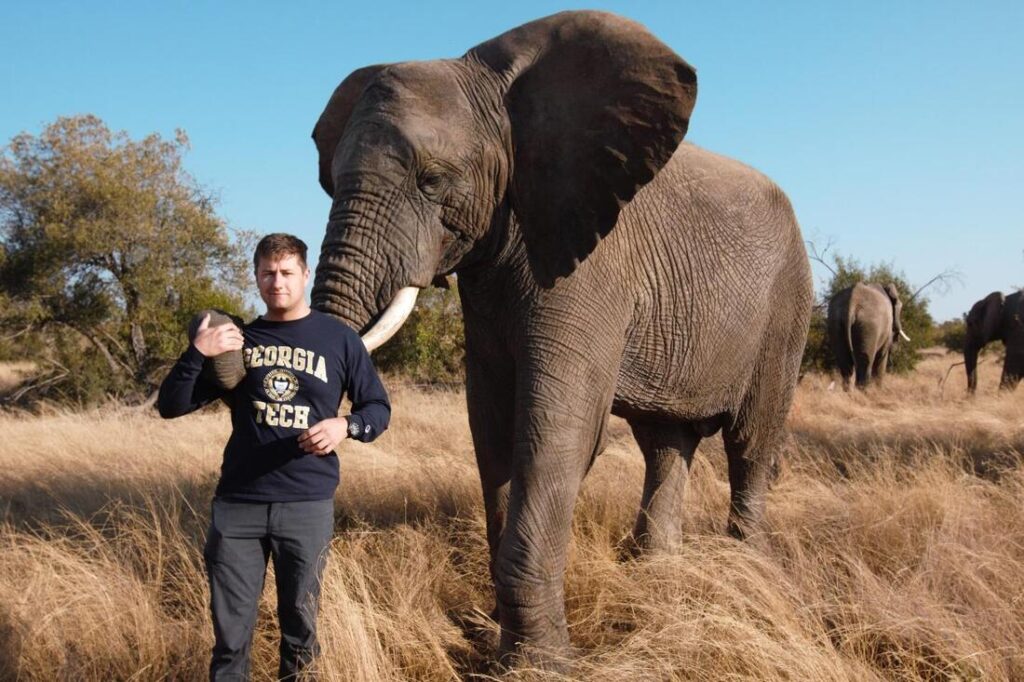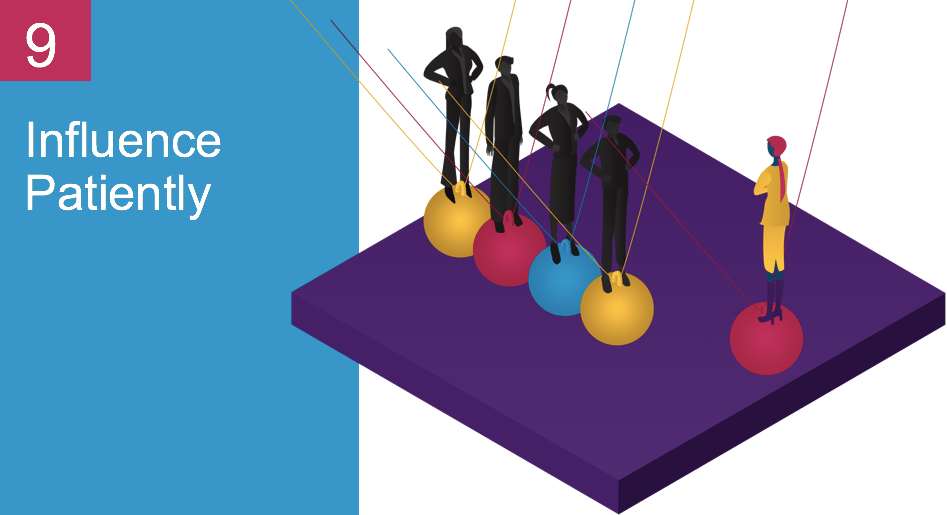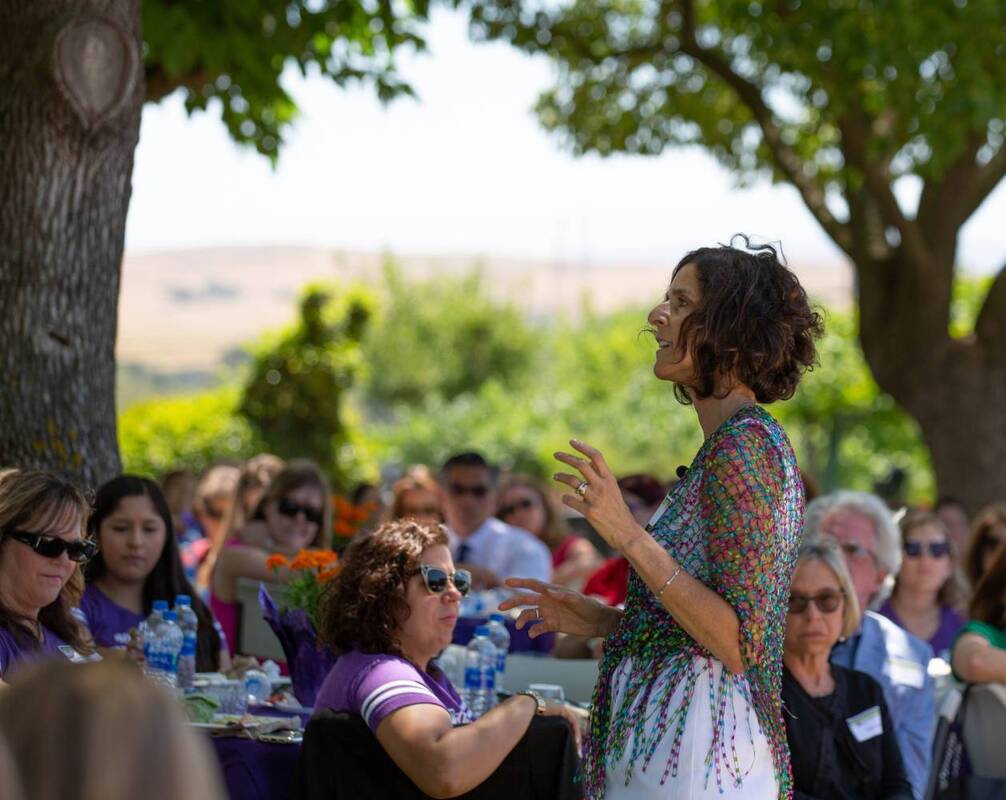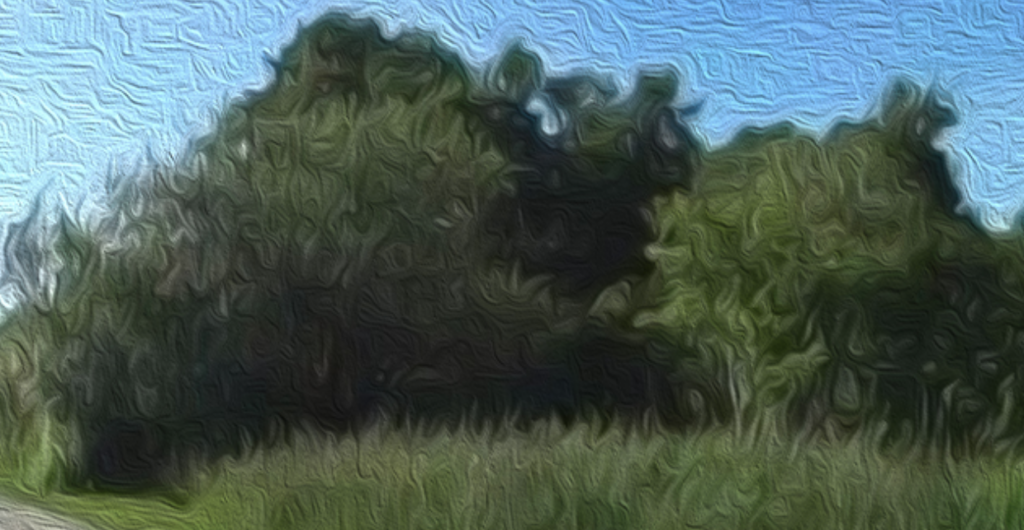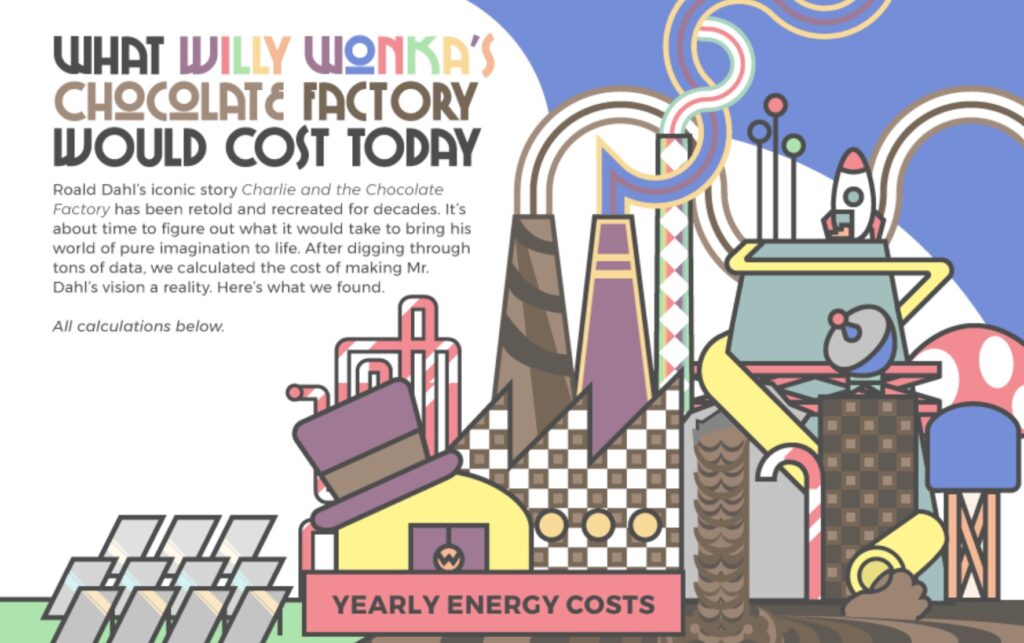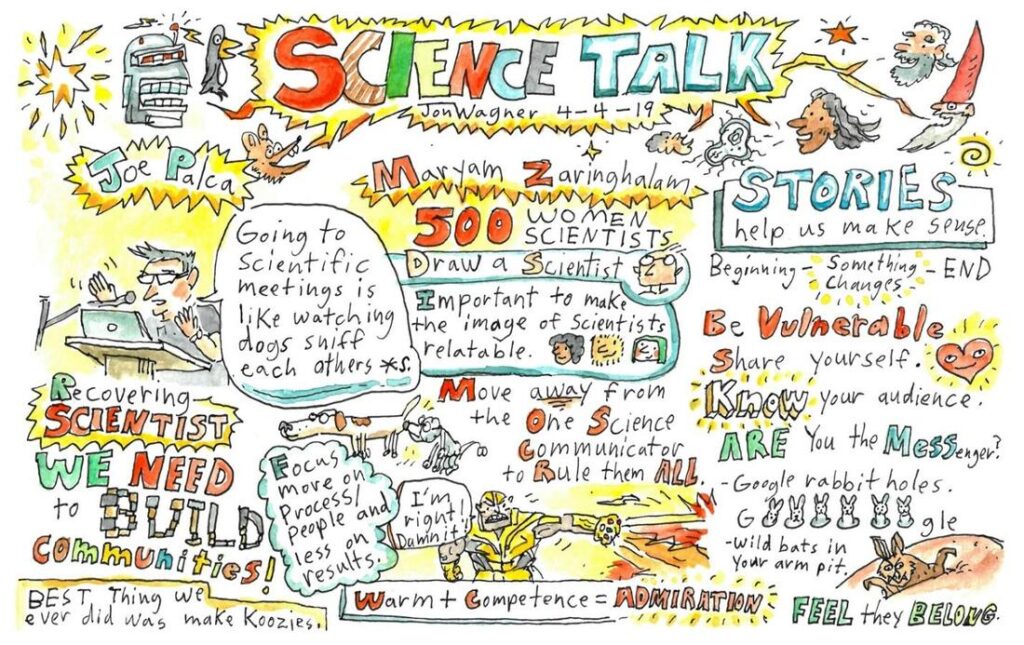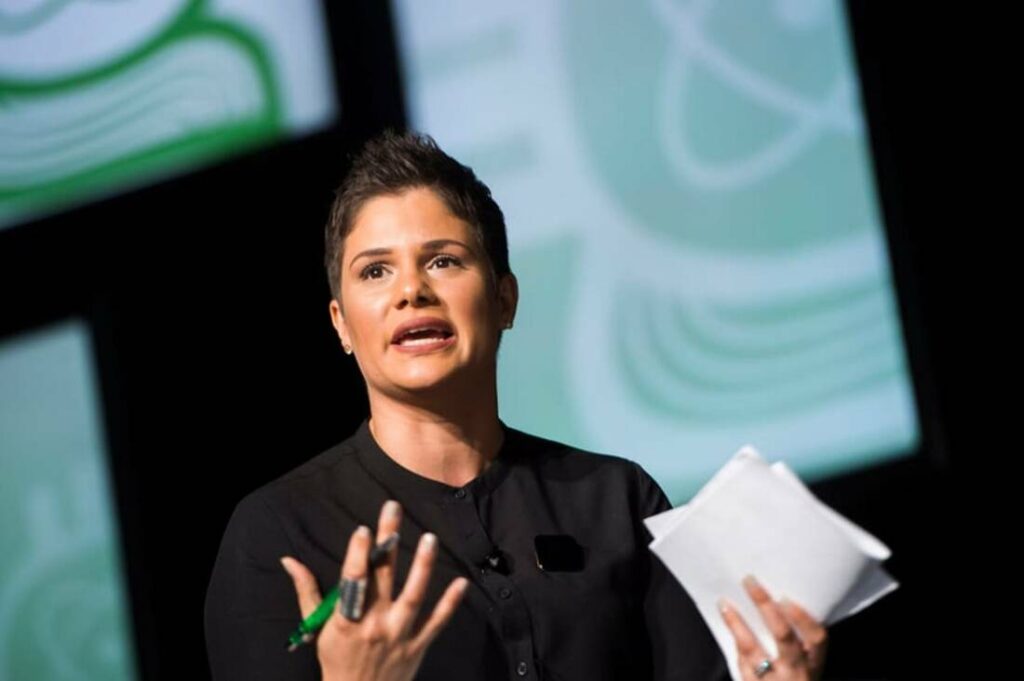10/1/2020 0 Comments The Science Talk blog is proud to welcome Cheyanne Lewis! Cheyanne is a guest writer who will cover science communicator spotlights throughout BlackInSciComm week. Check back every day between October 4 and October 10 as Cheyanne introduces science communicators and their work. Learn about their motivations, expertise, and hopes for the future […]
A Science Blog
A Science Blog
Do you have something to say about science communication and looking for a good forum? Please see our pitching guide and then email blog@sciencecomm.org with your pitch and we’ll discuss the details.
The Adventures of N8ture AL
10/1/2020 0 Comments By Cheyanne Lewis @chylew In celebration of #BlackinSciComm week, I had the opportunity to interview Alex Troutman, (@n8ture_al on Twitter), a wildlife biologist and graduate student who is currently studying seaside sparrow dynamics in tidal marshes. Having always had an affinity for nature and science education, he shares how a string of outreach […]
LESS THAN 2 WEEKS LEFT! #BlackInSciComm week is October 4 – 10
f you’re not following @BlackInSciComm yet, we invite you to head over to Twitter and do so! We’ll wait… Organized by @ravenscimaven, #BlackInSciComm week is October 4 – 10 and the SciTalk blog is getting ready to publish some great interviews with Black science communicators. Feel free to pitch relevant stories by emailingblog@sciencetalk.org. We’re looking for […]
Cold Calling and Cold Feet: Phone Interviews for Science Journalism
By Amy Nippert @nippert_rEdited by Christina M. Swords (Marvin) As a freelancer in a pandemic, calling sources is a crucial part of my career. As a millennial who grew up in an age of instant messaging, calling sources is also a stressful part of my writing. I don’t hate talking on the phone, but the […]
Hidden Burdens of Concussions and Science Communication
8/25/2020 5 Comments By Hollis LymanIG @unlimitedforcetraining Hollis.Lyman@du.eduEdited by Christina M. Swords (Marvin) A Surprise Diagnosis for an Inmate Marchell Taylor Sr. had been out of prison for 4 years in January 2016, but he longed to return. He felt that “no one valued him anymore, he wasn’t important, all his relationships were damaged, [and] he […]
Amidst National Reckoning with Racial Injustice the Physics Community Reflects on Its Own Inequities
8/13/2020 0 Comments By Karmela Padavic-Callaghan; @Ironmely This post was originally published on Karmela Padavic-Callaghan’s blog on July 6, 2020. Please check out more on her site here. “What does physics have to do with police brutality?” physicist Prof. Philip W. Phillips asked in his opening remarks during an American Physical Society (APS) webinar on making […]
My Story of Firsts
7/22/2020 By Sweta Ravisankar; @sweraviiEdited by Christina M. Marvin Imagine an instance when you did something for the first time. How did you feel? Were you cool and logical? Scared, but a steady? A twister of emotions? Science brings forth the concept of logical reasoning. This analytical power of the brain enables research scientists to shape research […]
Creating SciComm Media in the Time of Coronovirus
By Shira D. Gordon, PhD; @SheRockScienceEdited by Christina M. Marvin When a crisis happens, we all react differently. My way of bringing hope was to help spread useful and accurate information. I created an educational video for lay audiences, from the perspective of understanding the science behind the virus. As misinformation continues to spread, more professional scientists […]
Becoming a Science Editor (Part 2 of our live chat with Siri Carpenter)
5/14/2020 1 Comment Edited by Christina M. Marvin Siri Carpenter, science writer and editor-in-chief for The Open Notebook. Photo courtesy of Siri Carpenter. Part 2! Earlier this month, we covered the ins and outs of science writing. This week, we continue our conversation with Siri Carpenter as she discusses the transition from science writing to […]
Congrats to our #SciCommMake winners!
5/4/2020 1 Comment Last month we launched #SciCommMake, a collaborative project between Science Talk and Sigma Xi. The purpose of this new project is to help scientists, artists, and communicators to come together and develop creative projects to explain science in new and unique ways. Our inaugural class pitched their project ideas last week – and […]
We Had a Conference…And It (Mostly) Worked!
Looking Back at SCIENCE TALK '20: A Virtual ExperienceIn three short weeks we transitioned from our plans for a face-to-face (FTF) conference to virtual live-streamed event. While there were a few hiccups (and cats!), overall the event was a major success, and feedback from the post-conference survey has been overwhelmingly positive. Several organizations have asked us about the transition to a virtual conference, […]
#SCICOMEMAKE: Marrying Science & Art for Better SCICOMM
We’ve all heard the term STEM: Science, Technology, Engineering, and Math. What about STEAM? The “A” stands for Art, because art is a beautiful and fun way to connect complex topics, attract interest to cool research, and explore science in new ways.Science Talk and Sigma Xi, the Scientific Research Honor Society, are partnering together on a new […]
(Video) SCICOMM: Raising Our Voice for Science in Public Policy
Watch and share on VimeoCenter for Environmental Filmmaking, American University Director/Producer Larry Kirkman, larry@american.edu, larrykirkman.comEditor/Producer Shannon Shikles, shannon.shikles@gmail.com, shannonshikles.com “Clear and simple is not enough,” argues Rush Holt in my new video, SciComm: Raising Our Voice for Science in Public Policy. “It has to be meaningful,” he says. “It has to communicate the science in a […]
Thanks, Johannes Gutenberg, but we’re moving on: The case for visual communication
This post was contributed by Picture as Portal® cofounder, Betsy Palay. Betsy is a Certified Medical Illustrator and science communicator. She is a founder, former president, and previous creative director of Artemis Creative, Inc. She was president of the Association of Medical Illustrators from 2009 – 2010. Around 1440, Johannes Gutenberg invented the printing press […]
What Can We Learn from Elephant Trunks?
Edited by Simon Bakke Working with animals is one of the most gratifying and frustrating things during experiments. As an elephant researcher, I get to interact up close with the trunk of the African elephant both domestically at Zoo Atlanta and in the field in South Africa. Working with elephants is something I’ve wanted to […]
PSST – We Don’t Know Anything About What’s in 98% of Our DNA!
Edited by Simon Bakke Flies, humans, and tomatoes have approximately the same number of genes in their genomes — but humans are clearly a complex species when compared to flies or tomatoes. One aspect of the human genome that I study, called Long non-coding ribonucleic acid molecules (referred to as LncRNA), can potentially explain the complexity of […]
How to Show Up, Speak Up and Get Your Ideas Heard – Part 2
When it comes to getting your ideas heard, the words you choose and your timing can make all the difference. So can using influence to bring people into your ideas. In part two of this blog (read part one), you’ll get practical tips on how to frame your ideas and build support for getting them […]
How to Show Up, Speak Up and Get Your Ideas Heard – Part 1
You may be surprised to find that what you say matters less than how you say it. More than 250 attendees at the annual scholarship luncheon for the Lawrence Livermore Laboratory Women’s Association learned what it takes to create a strong, engaging presence and how to use voice, words and timing to gain support for […]
A Digital Walk in the Woods
Damian Davalos shares wildlife and wild places through livestreaming his hikes.Originally published in American Scientist The environment is threatened like never before in human history, and some environmentalists worry that outdoor activities that lead to increased support for wildlife conservation are less popular among the current generation of children than staying inside and playing around on the internet. The concerns about this […]
Why We’re Writing a SCICOMM Book for Teens
Two-part blog by high school students involved in Science & Us, a student-led organization helping teens discover science communication, policy, media, and related fields.By Katherine Huang, Founder and Executive Director When I was eleven, I was obsessed with Percy Jackson, a book series about the adventures of a teenage demigod. While watching the movie, I thought Apollo was pretty good-looking, and ended up on a video montage of Greek male models. What captured my attention, though, was the Greek […]
Don’t Fix What Ain’t Broke
Unconference Model continues for SCIENCE TALK '20Greetings All! Science Talk wants to remain responsive to the needs and interests of our conference attendees. So, once again, we will use a modified unconference model for SCIENCE TALK ’20. Our conference-unconference hybrid is similar to a traditional conference in that the Programming Committee will continue to organize the overall conference schedule, coordinate details, and invite Keynote speakers […]
Crunching the Numbers to See What Willy Wonka’s Chocolate Factory Would Cost IRL
One of under-appreciated joys of being a denizen of a STEM field: you get to apply your knowledge to investigate real-world answers to questions as fantastical as you can dream up. Ever wanted to know what Willy Wonka’s Chocolate Factory would cost if you had to power it, pay your Oompa Loompas, and install a […]
Science Talk 2019 Illustrated
Big takeaways from the annual science communication conference for scientists, journalists, multimedia creators and more — in pictures.Written by Bruce Kirchoff, Department of Biology, UNCG. Illustrations by Jon Wagner, East Multnomah Soil & Water Conservation District, Portland, OR. Edited by Simon Bakke. Science Talk (#SciTalk19) is an annual two-day conference that brings together scientists and science communication professionals to improve scientific communication. I was there to talk about the work the University […]
Science, Culture, and Identity: An Interview with Dr. Mónica Feliú-Mójer
Edited by Simon Bakke I recently had the opportunity to interview Dr. Feliú-Mójer, Neurobiologist and Science Communicator. We talked about why owning your identity is key to making science inclusive, accessible, and fresh. To Dr. Feliú-Mójer, connecting science with community and culture opens all kinds of doors. I wanted to start off hearing a little […]

